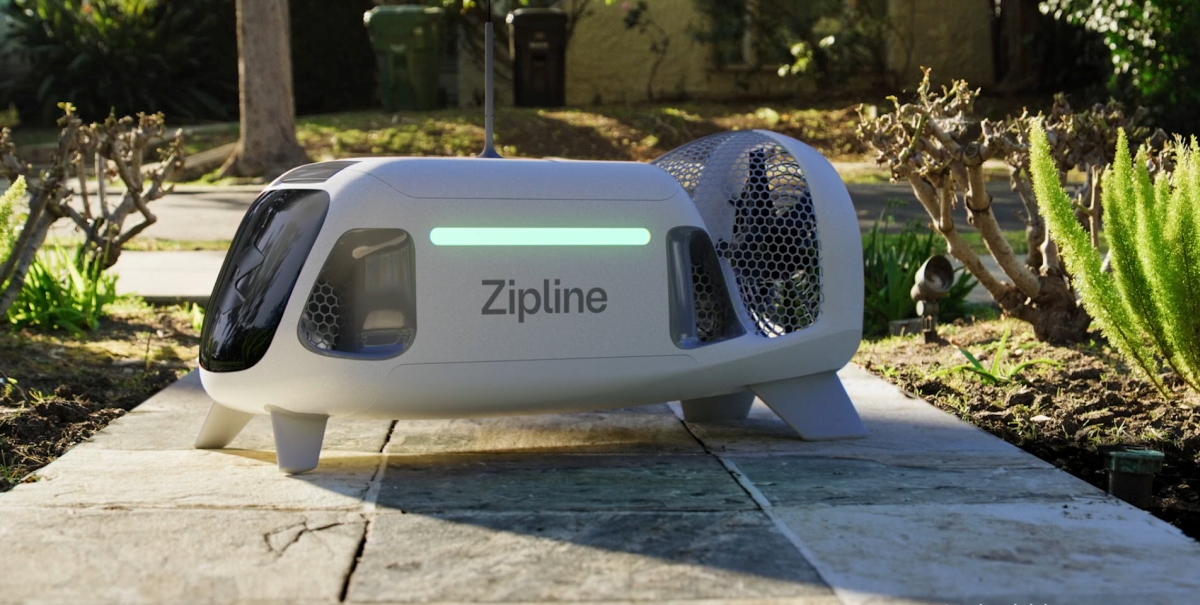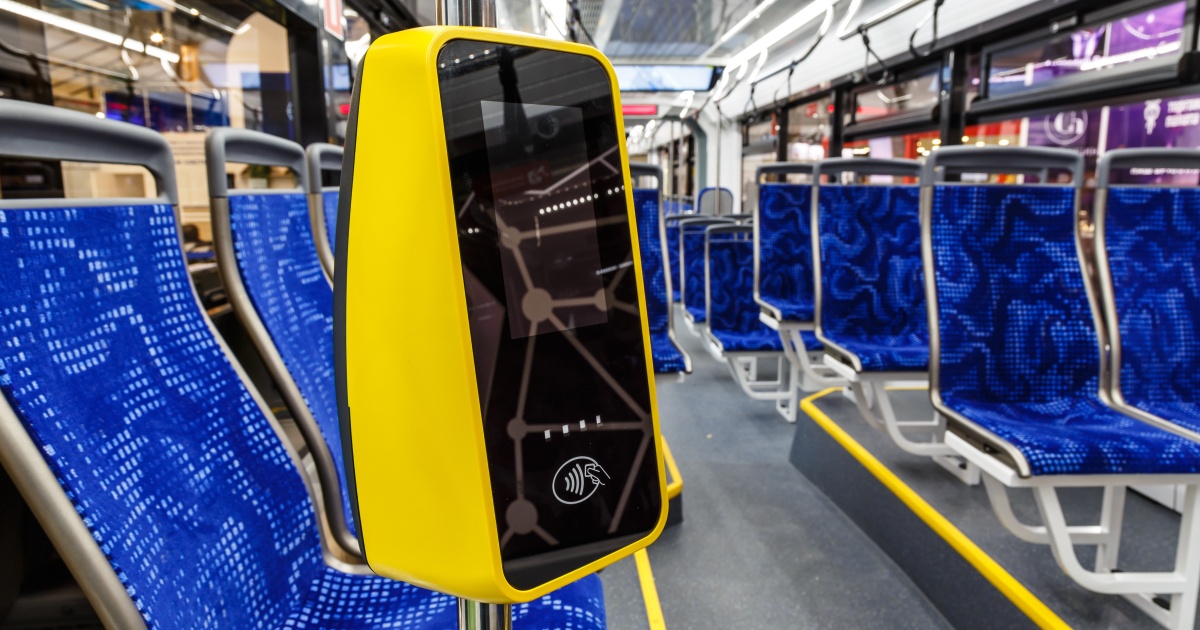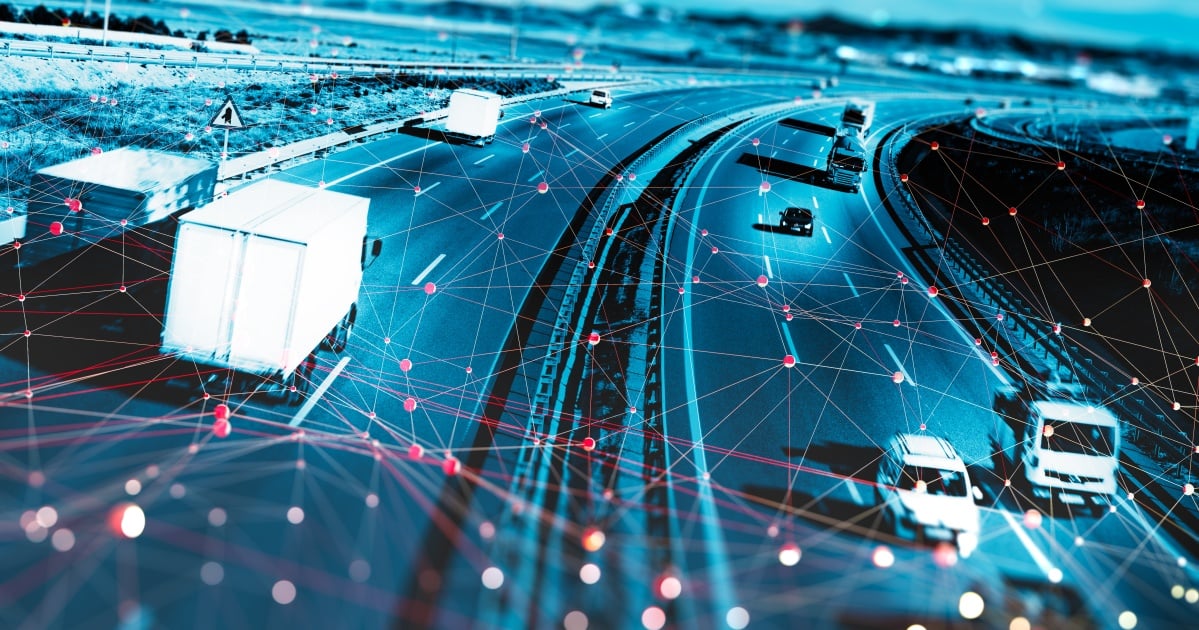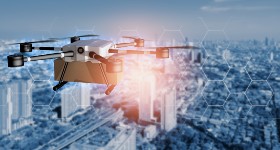We are living in a post-privacy age where the data we transmit from our smart devices can be used both to harm and to hurt. Enabling location-centric apps like Google Maps and Waze (which Google acquired in June 2013 for $1.3 billion) while driving brings a host of data to the growing internet of things. These apps use cell phone data to track individuals and actually work best when other individuals leave the location services on, but it begs the question: what do the apps do with the data?
Just about anything they want, apparently. Google’s privacy policy states that the company collects data on the things you do, the things you create, and the things that make you “you.” This includes a slew of personal information: IP addresses, cookie data, device information, location, birthday, address, calendar events, and things you search for. Google/Waze can also share your personal information with law enforcement whenever they have a “good faith belief” that police officers or federal security personnel need the information certain problem individuals.
In this way, the saved data is a double-edged sword; saving users time at the cost of privacy. Google collects data that allows users to visit the websites they’ve navigated to in the past. It also remembers new restaurants or meeting place, saving this information for later use. The autocomplete feature, combined with previous search history can be a blessing, especially when you are waiting at a red light and need to get there quickly. However, Google is obtaining information about you that can be used against you in the court of law, such as when you are speeding.
Big Data: For Better or Worse, For Good or Evil
Waze is a gamified version of Google Maps. Users are awarded points for allowing the app to track their commute, or manually entering in travel information like accidents, traffic conditions, and police officer stops in the area. Therefore users are motivated to keep their location on at all times, as well as give feedback that increases their score in the Waze platform. During Hurricane Sandy, Waze even partnered with the Federal Emergency Management Agency (FEMA) in order to geotag gas stations that had run out of gas - and users were awarded for reporting these incidents, saving people in the area with the Waze app a trip to a dry gas station.
However, an article from Jonathan Zdziarski is very skeptical, if not outright afraid of what Google can do with this data. He actually read through Waze’s private policy and states that it is structured in such a way as to give the parent company, Google, full protection under the law. Should something go wrong, like your account being hacked (due to information the application requires) or, even worse, an accident that occurred as a result of you updating the app with current roadside information, Google is not at fault. Aside from this, Google reserves the right to use your personal data for a variety of self-serving purposes, providing it to law enforcement, partners, providers, and third parties.
“Do No Evil”
Google executives have been known to express a sentiment that information can, and should be shared; they take a “you should have nothing to hide” stance. And although the data they collect is being used to create a wonderful library of easily accessible information, the concerns individuals have regarding privacy, advertising, and security is real.
Google’s motto is “do no evil,” and we will have to take them at their word when such a tool clearly has the power to change society.
About the Author: James Babkes, an attorney at Babkes Law, has always been dedicated to obtaining the best possible legal outcome for his clients. He graduated from Hofstra University in 1974 and the Cumberland School of Law in 1977. Besides working at a successful traffic defense firm, he enjoys participating in fencing, weightlifting, and chess. He enjoys educating readers on modern issues facing society.
Edited by
Ken Briodagh





